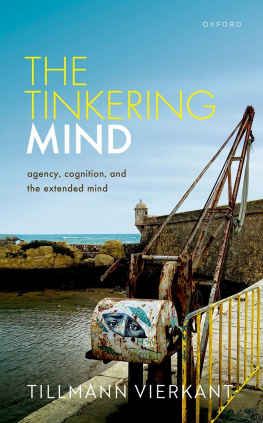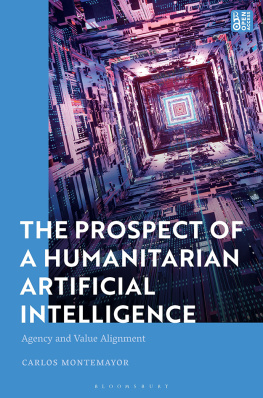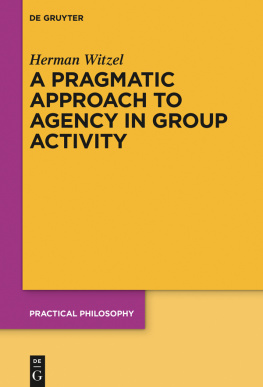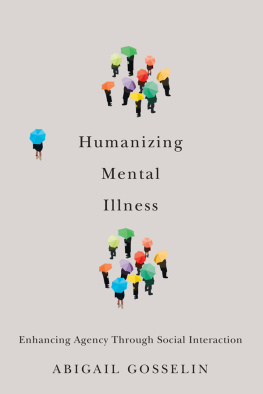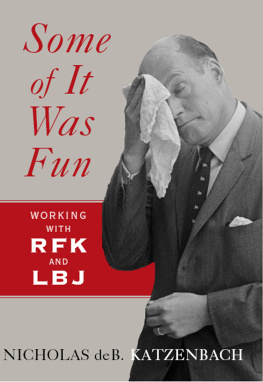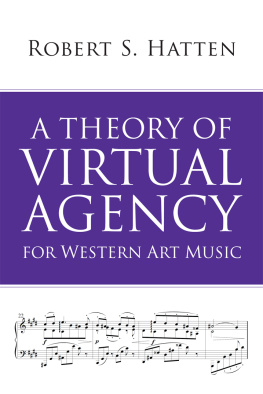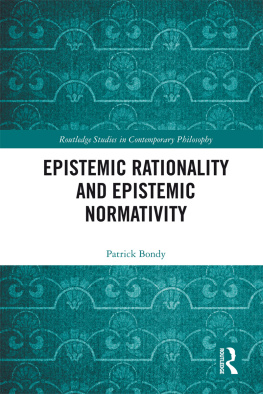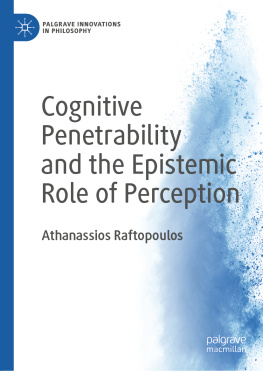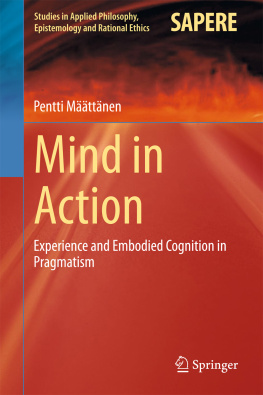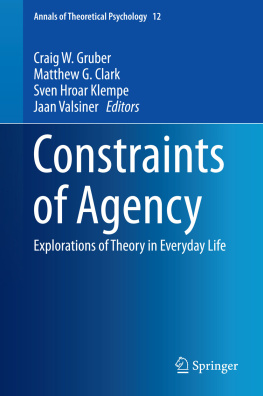Oxford University Press is a department of the University of Oxford. It furthers the Universitys objective of excellence in research, scholarship, and education by publishing worldwide. Oxford is a registered trade mark of Oxford University Press in the UK and in certain other countries
All rights reserved. No part of this publication may be reproduced, stored in a retrieval system, or transmitted, in any form or by any means, without the prior permission in writing of Oxford University Press, or as expressly permitted by law, by licence or under terms agreed with the appropriate reprographics rights organization. Enquiries concerning reproduction outside the scope of the above should be sent to the Rights Department, Oxford University Press, at the address above
You must not circulate this work in any other form and you must impose this same condition on any acquirer
Printed and bound in the UK by Clays Ltd, Elcograf S.p.A.
Links to third party websites are provided by Oxford in good faith and for information only. Oxford disclaims any responsibility for the materials contained in any third party website referenced in this work.
This book is the product of more than a decade of thought about mental actions. It is an attempt to show that there is a connection between work I have done on metacognition, willpower, mindreading, and topics relating to free will and choice. Ironically, in a book that features a chapter on the topic of choice, even now I feel unable to make a choice between the two options that I present to the reader within this book, but I hope that having the options on the table will help others as much as it did me to clarify their thinking on mental actions, epistemic agency, deliberation, and cognition.
The final piece of the jigsaw for this book was extended cognition and I am grateful to Andy Clark and everyone here at Edinburgh for making me think about Otto and his notebook and all the other wonderful intentional mind-directed actions that are staples of the extended cognition diet.
In particular, thanks to Dave Ward and Mark Sprevak who both read a complete draft of the book and whose feedback was invaluable. Thanks also to Suilin Lavelle, John Dorsch, Jonathan Hall, Rafael Coelho do Nascimento, and Paulius Rimkevicius, who all read at least parts of various drafts and discussed various issues with me.
The other major influence on my thinking is Pamela Hieronymi and I am very indebted to her for helping me to understand, at least partially, the notion of evaluative control and all the other wonderful ideas in her work, as well as for all her invaluable feedback. Here at Edinburgh, Matthew Chrisman was my guide through this literature, and I am very grateful for his line-by-line reading of one whole draft and his countless insightful comments. Sophie Keeling and Beri Marusic also deserve a mention for many useful ideas and for ensuring that my Moran understanding is hopefully not too far off the mark.
Away from Edinburgh, a big thank you also has to go to Maura Tumulty who read the whole thing and whose thoughts on first personal managerial control have been inspirational.
I started writing this book in earnest in 2015 in Berlin and Richard Moore and Anna Strasser at the Berlin School of Mind and Brain organized a wonderful symposium for me to discuss the ideas that became . Thanks also to Pepa Toribio, Josh Shepherd, Steve Butterfill, and John Michael for their wonderful input on the day.
Thinking about metacognition, metarepresentation and mindshaping were probably the earliest roots of this project and I have to thank Victoria McGeer, Joelle Proust, Josef Perner, and Peter Carruthers, all of whom have been major influences on my thinking here. I profited hugely from the many discussions with them.
Even further back go my links to Wolfgang Prinz and the Max Planck Institute for Psychological Research in Munich. I very much hope that Wolfgang will not think that this book belongs in the category of annoying philosophy books on topics that the cognitive sciences are concerned with.
Most recently, I would also like to thank everyone in the Neuro-Philosophy of Free Will project, but especially the organizers Uri Maoz and Liad Mudrik, for providing such a wonderful platform for stimulating discussions with individual members, as well as for organizing a number of spectacular conferences. At these conferences, I particularly benefited from interactions with Richard Holton who has been the most important influence on my thinking on the role of intentional mental action in willpower and choice.
Finally, thanks to everyone within my family and friends who has had to put up with me while I was trying to get this thing written. A special thanks here goes to Astrid Finke and Marcel Hussler who put me up in Portugal to finish the book and where I also found my book cover. Last but certainly not least a very big thank you to Jacq Cottrell who probably read this book more often than I have and to Jasper who helped with the Index.
This publication was made possible through the support of a joint grant from the John Templeton Foundation and the Fetzer Institute. The opinions expressed in this publication are those of the authors and do not necessarily reflect the views of the John Templeton Foundation or the Fetzer Institute.
This book is set at the intersection of philosophy and especially moral psychology and cognitive science. That is still a reasonably small subfield of the discipline, but philosophers like , Levy (2012), and many more have by now created an excellent literature of empirically informed work in moral psychology. What is unusual about this book is not that it combines moral psychology and cognitive science, but its direction of travel. In the vast majority of work in this area, it is the empirical sciences that inform the moral psychology. This book journeys in the opposite direction. It begins with a puzzle about the nature of moral agents, but some of its central claims are in the philosophy of mind and cognitive science. Potentially at least, this might make one suspicious: Can work in moral psychology really shape the framework within which the empirical sciences operate?
When we take a closer look, it will turn out that this is less implausible than one might have thought. Agency is a folk psychological notion, full of pre-theoretical intuitions and centuries of theorizing in the humanitiesand the notion of agency plays a very significant role in our cognitive sciences.
The puzzle at the heart of this book is one about the relationship between rationality and agency. There has been a venerable and long-standing debate about this relationship in philosophy going back at least as far as the medieval dispute between Dun Scotus and Thomas Aquinas. The latter thought that what is special about human agency is that it is intimately tied up with rationality, whereas Dun Scotus insisted that the will needs to be different from rationality ().

